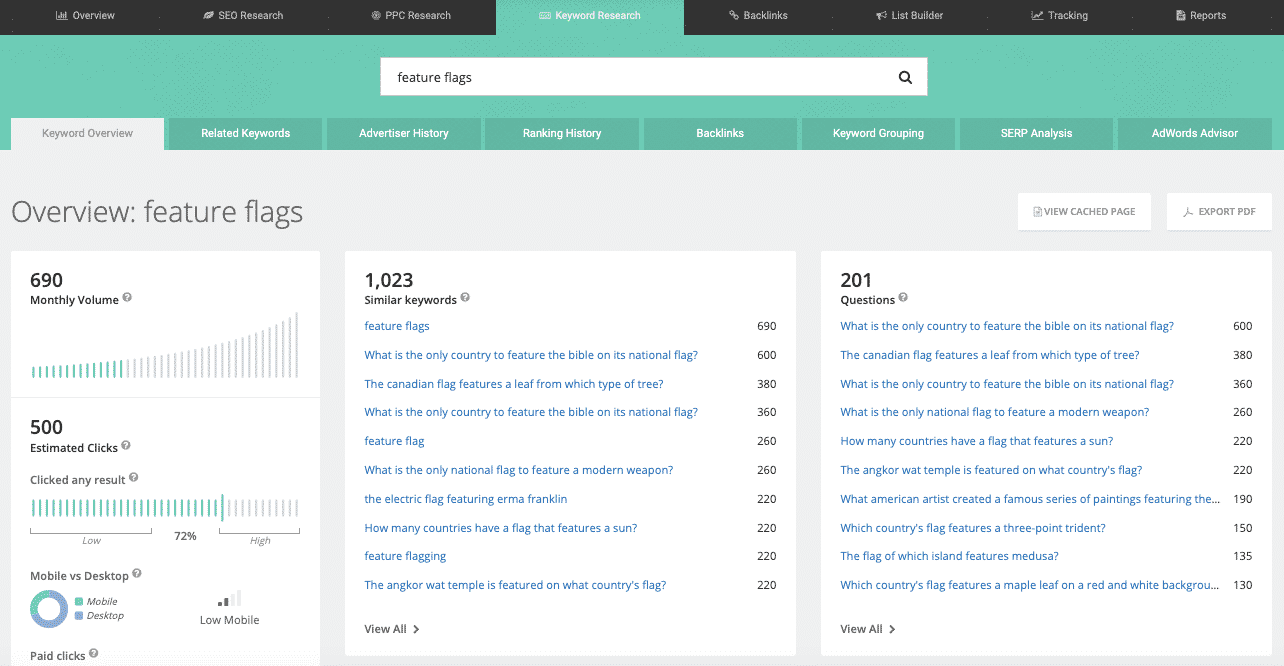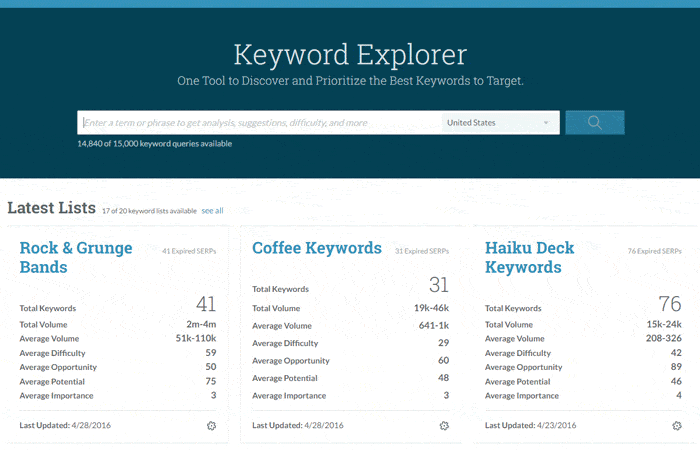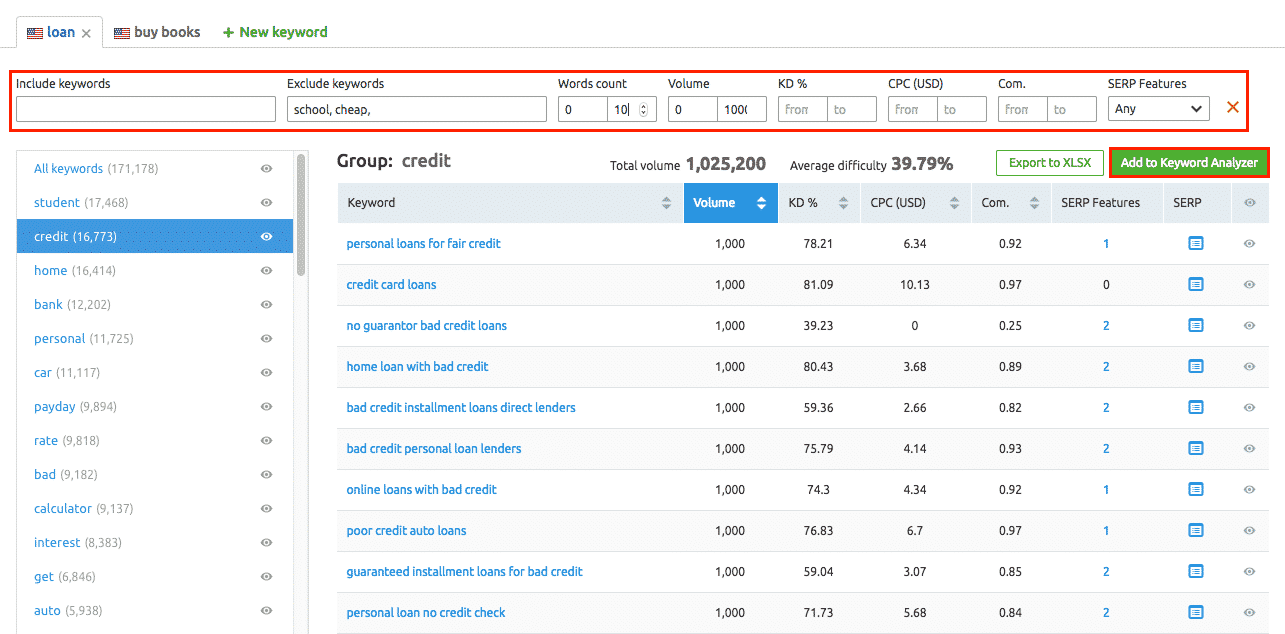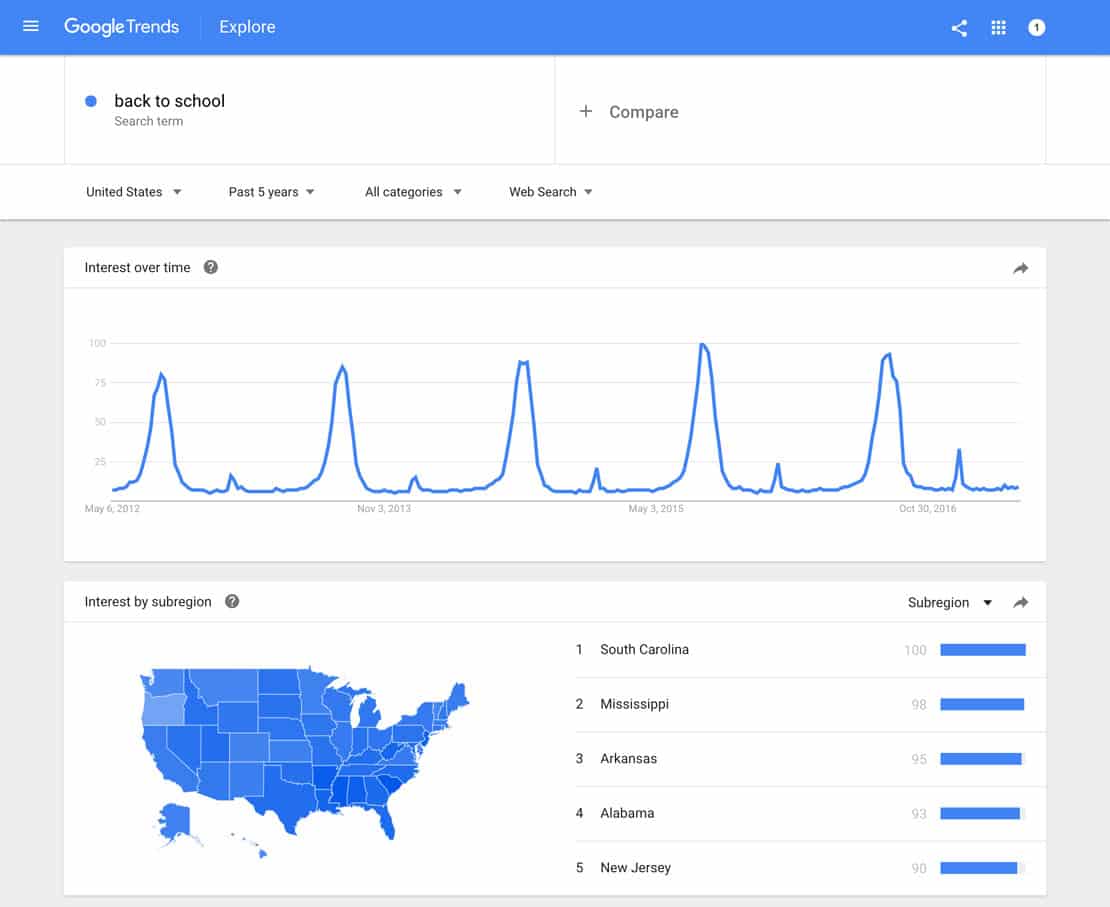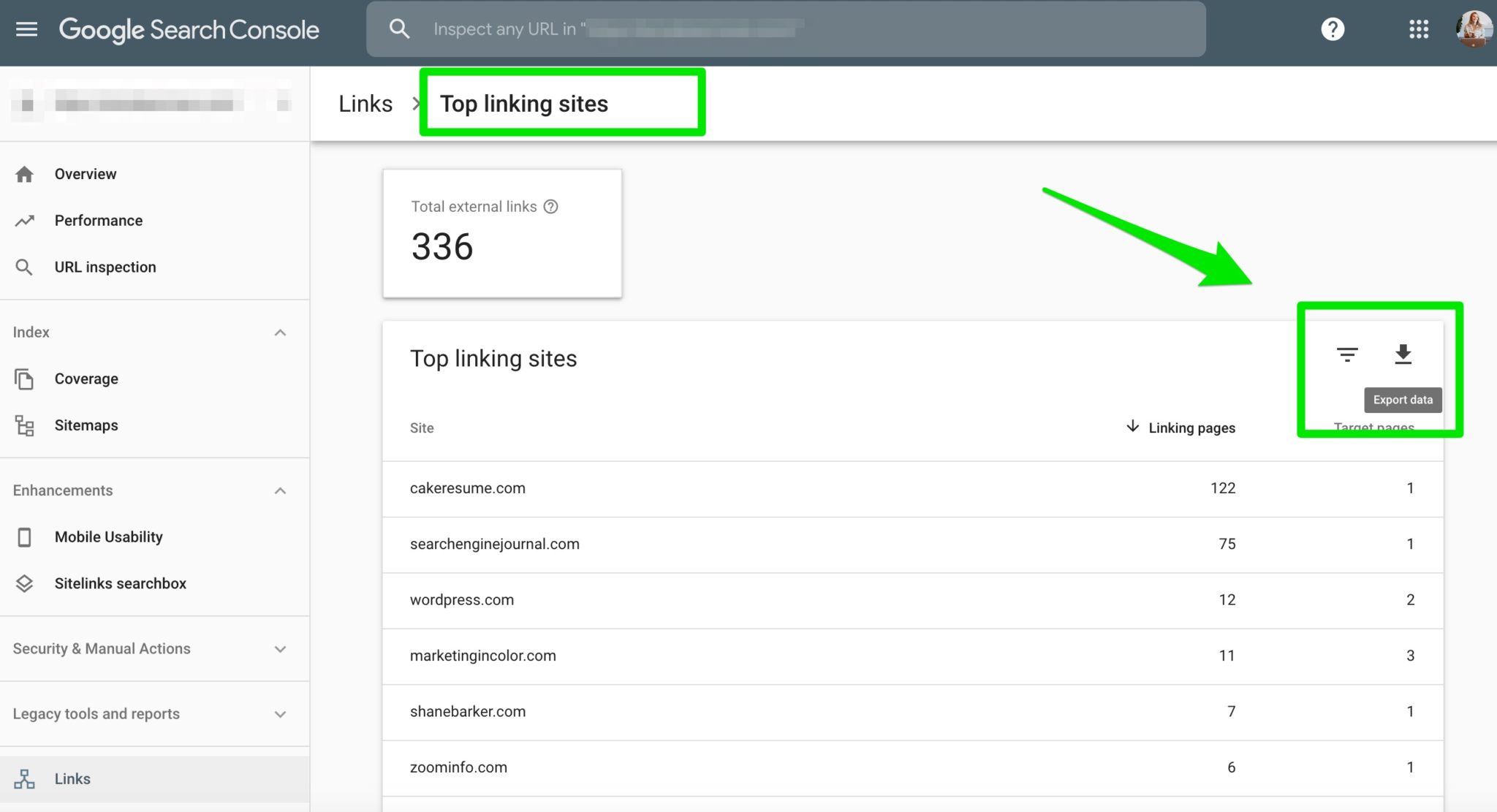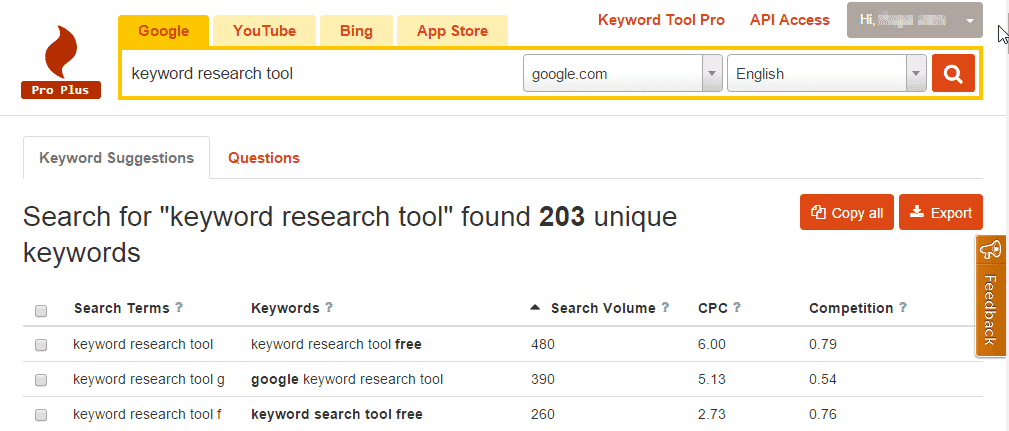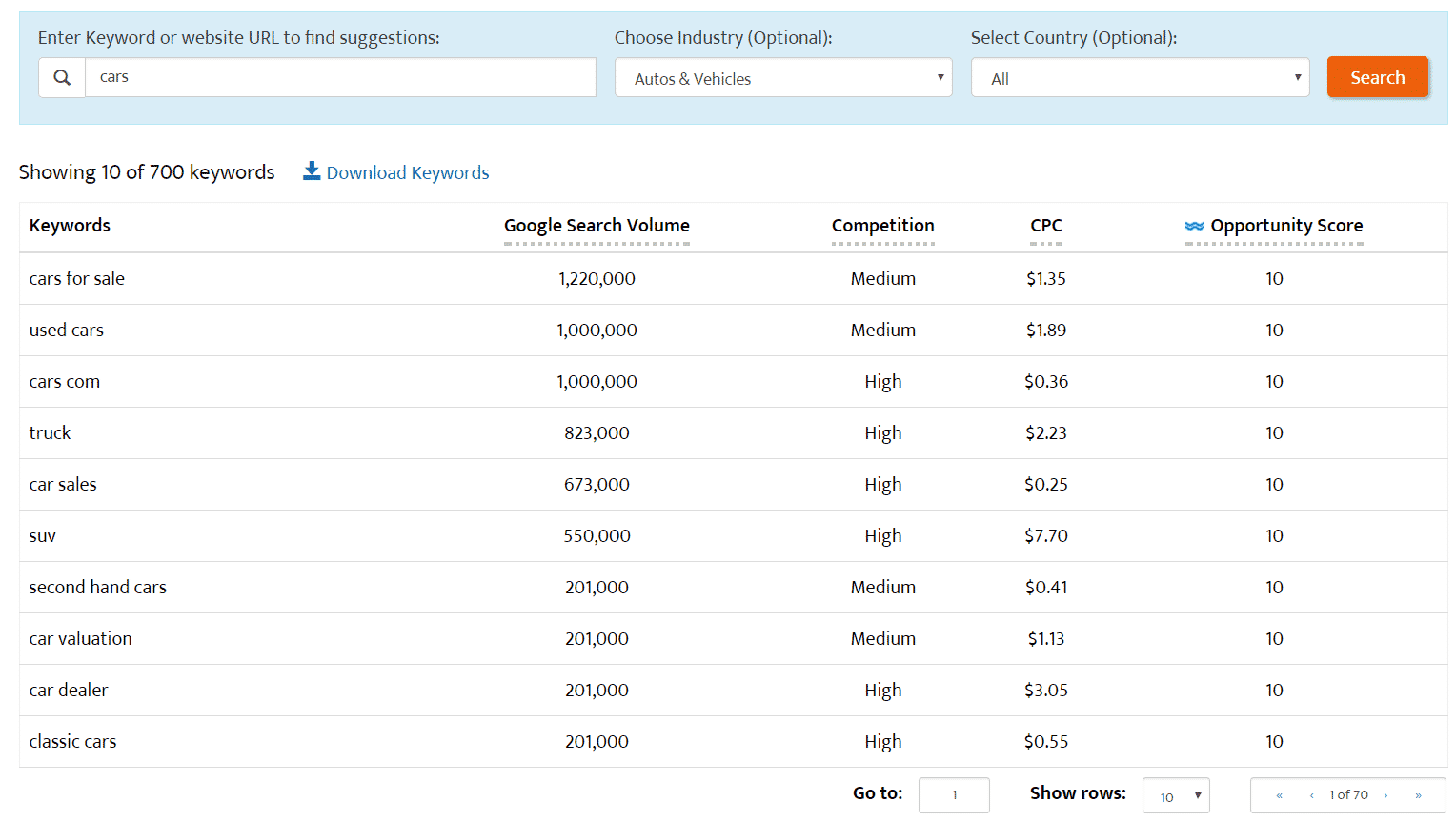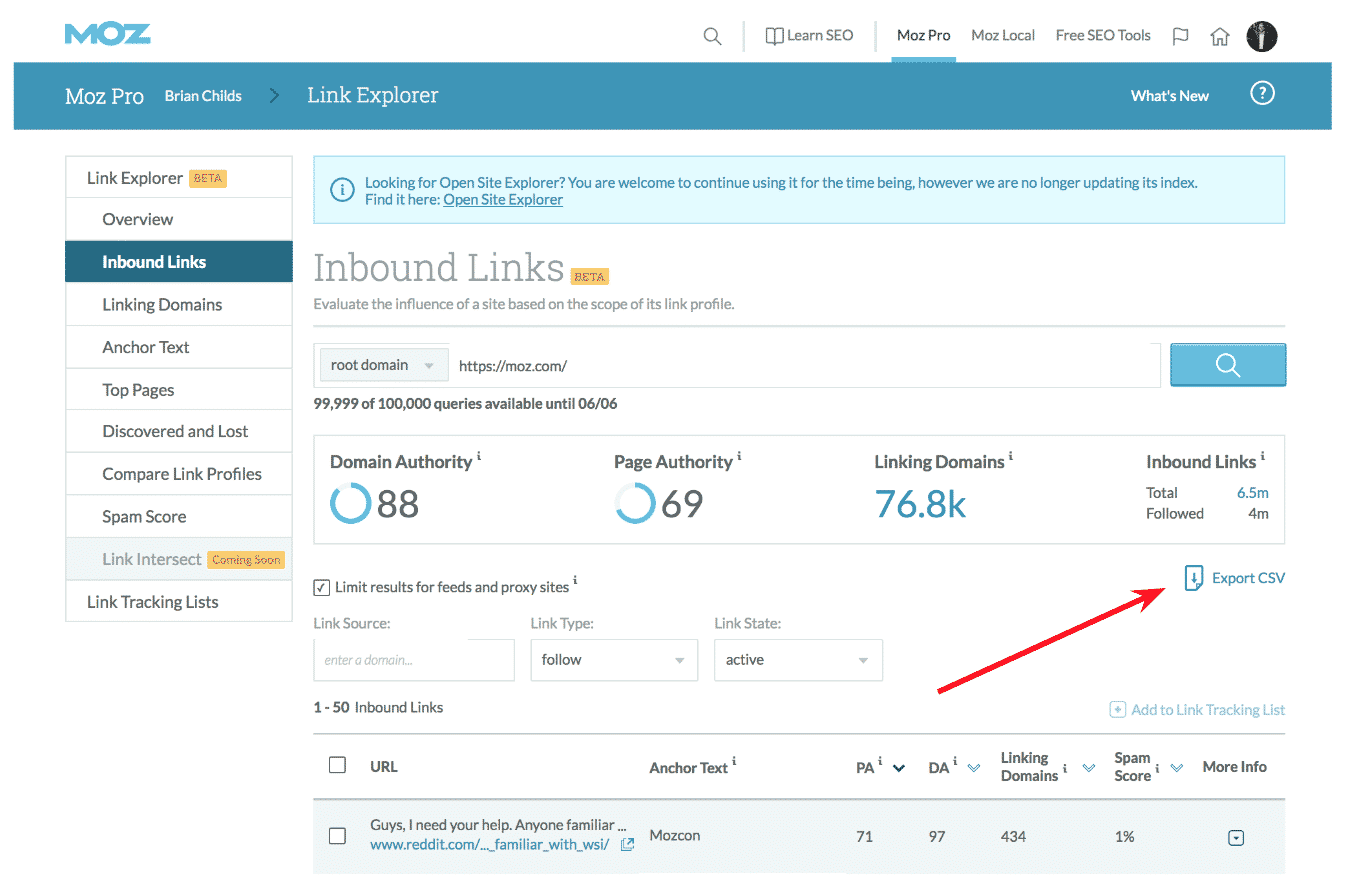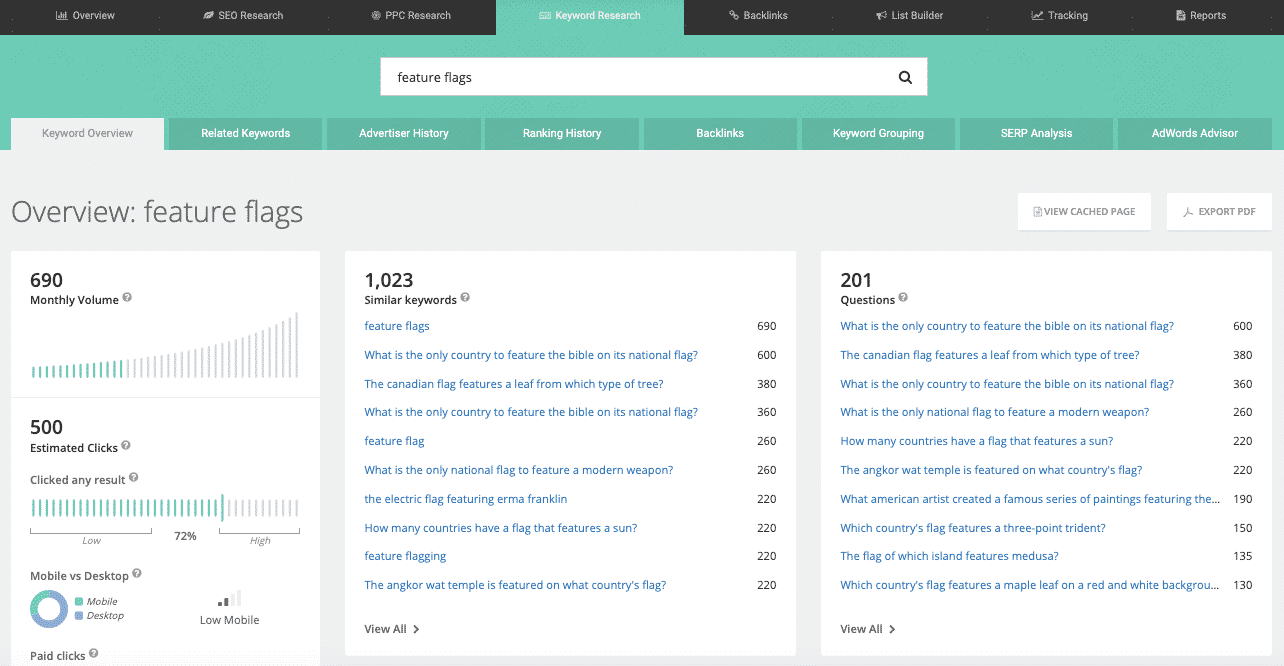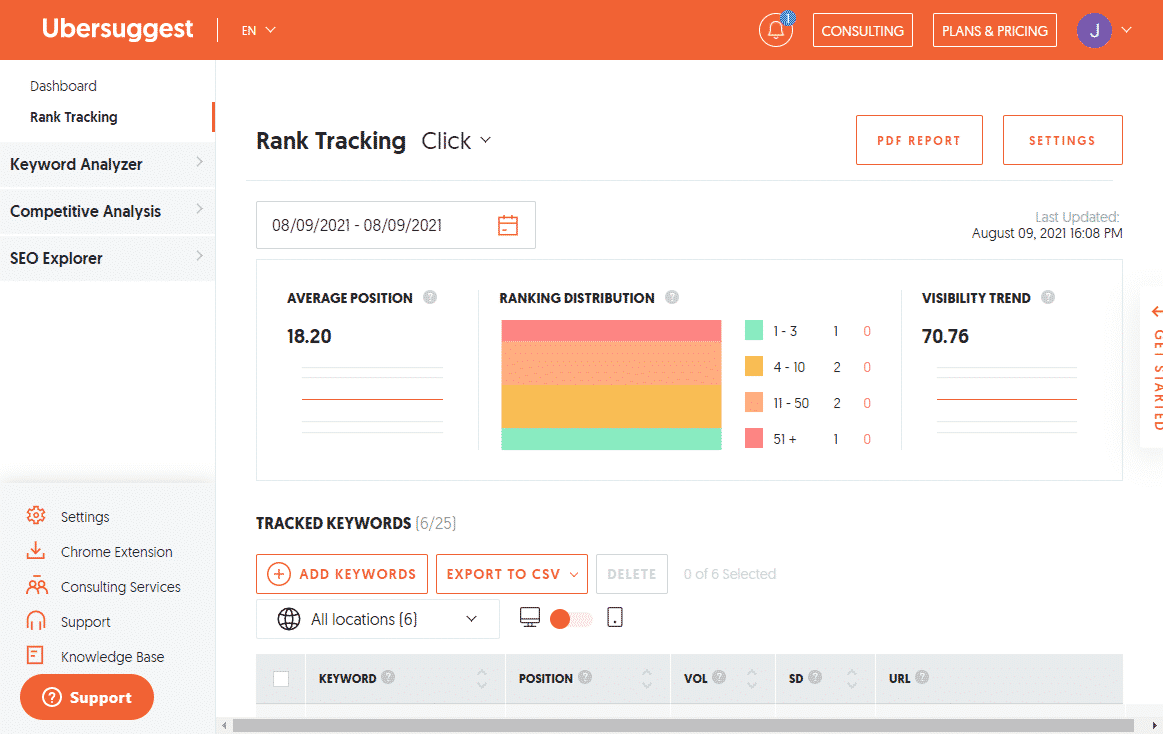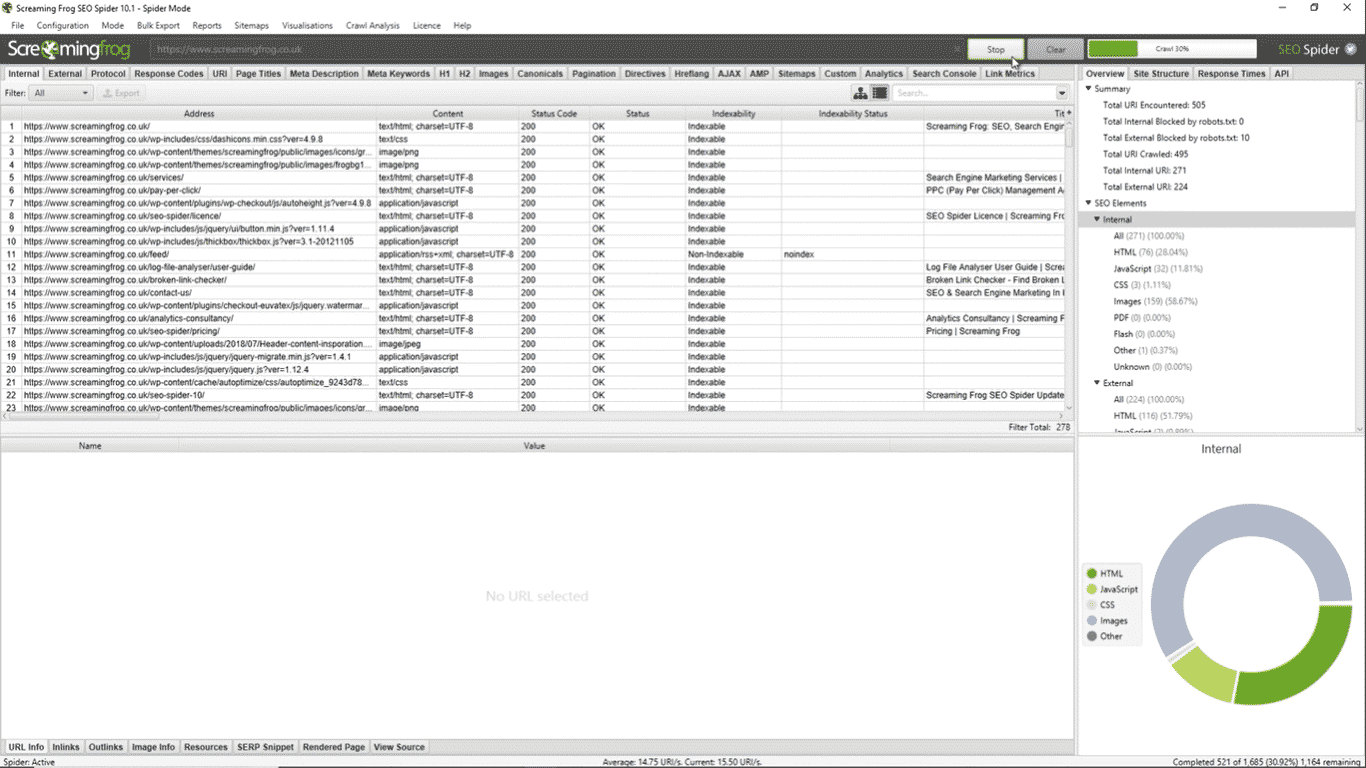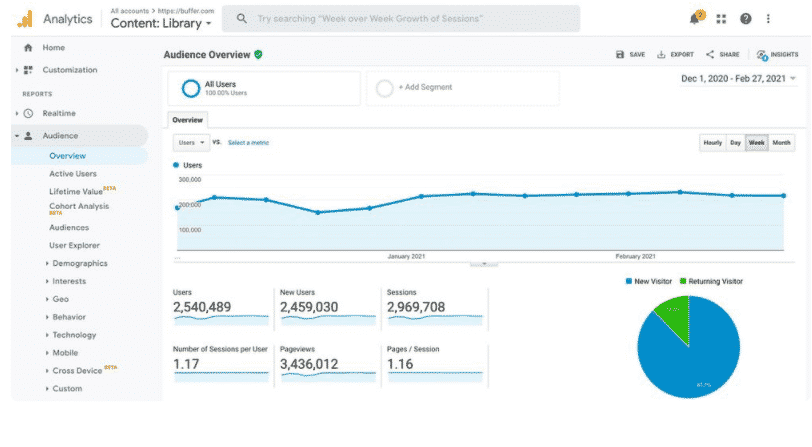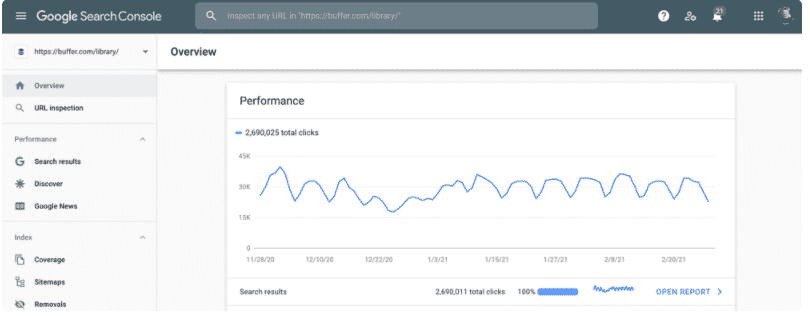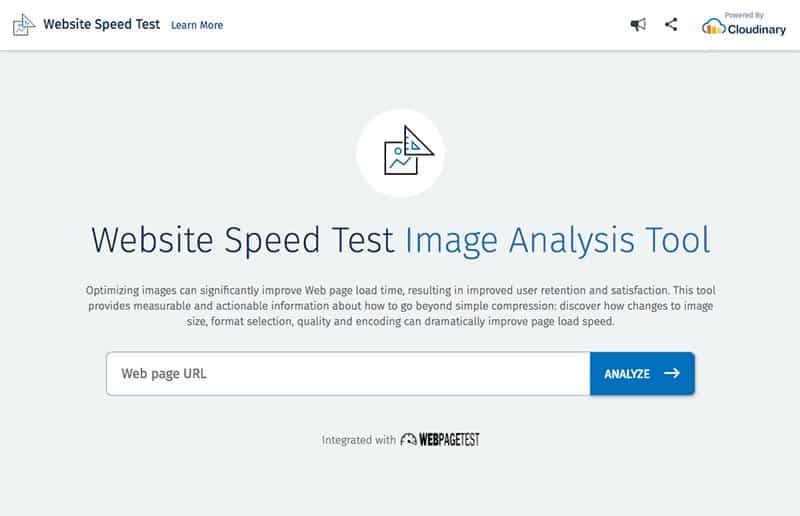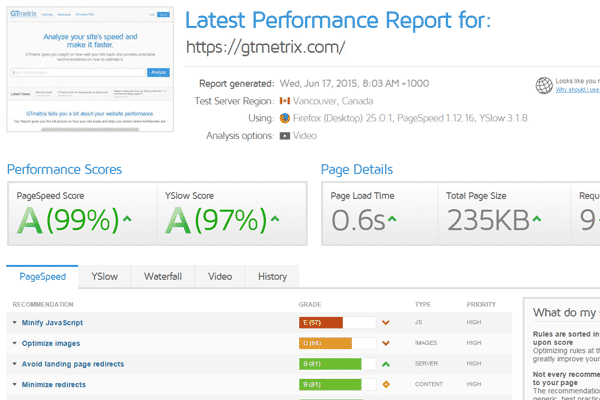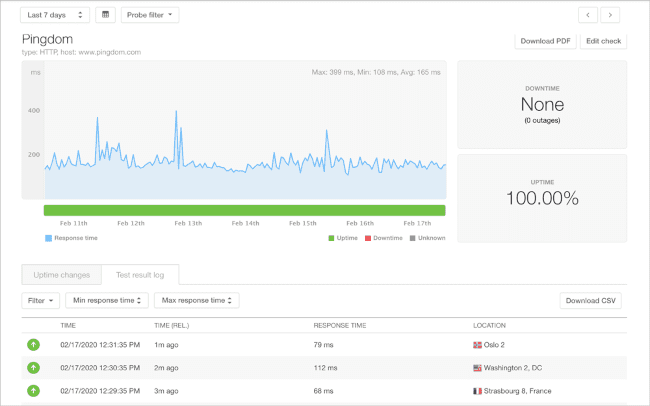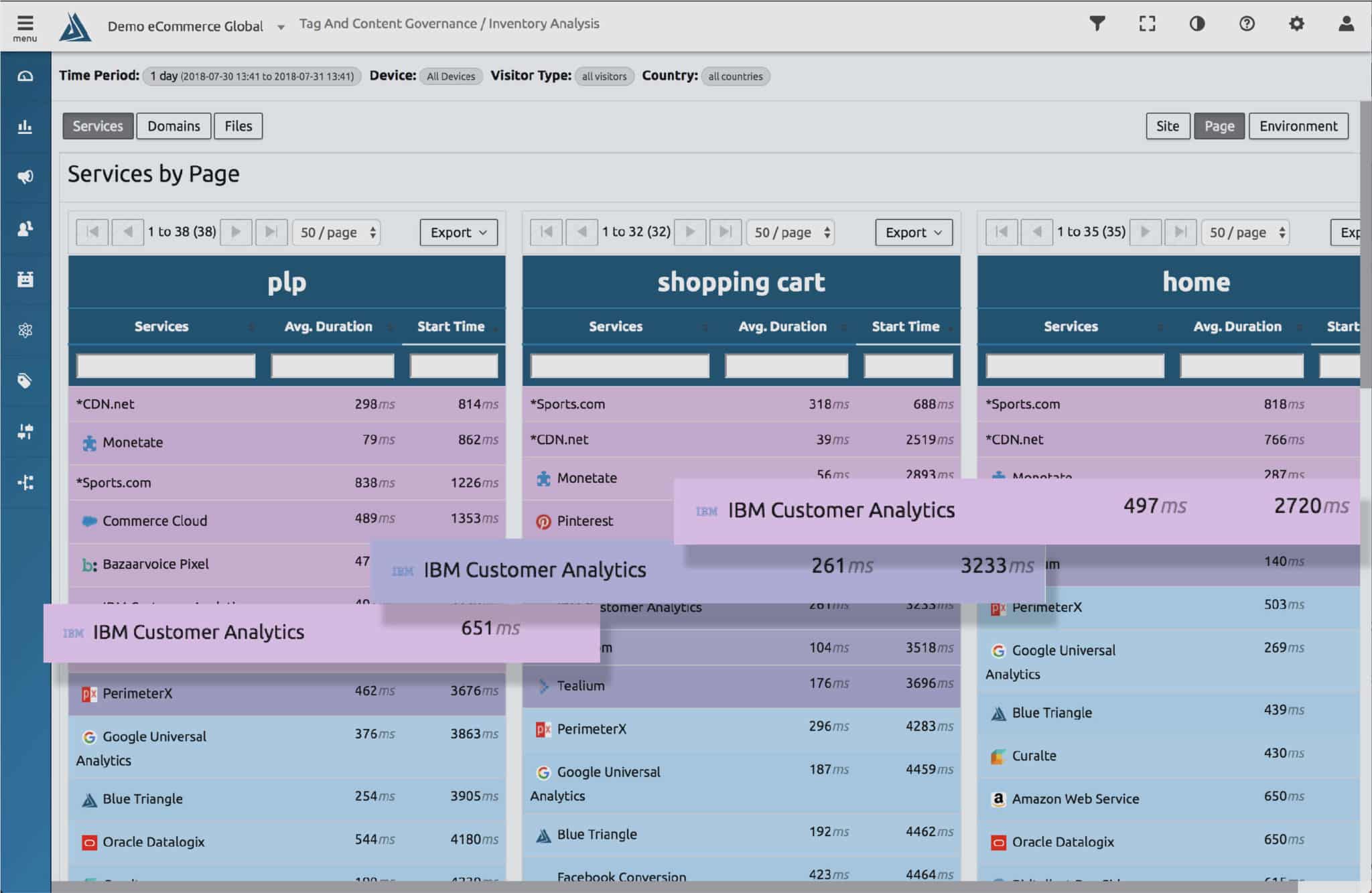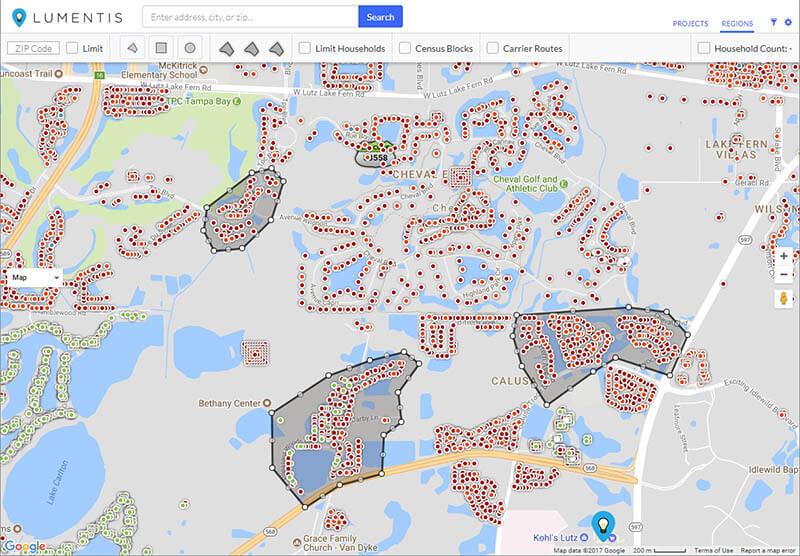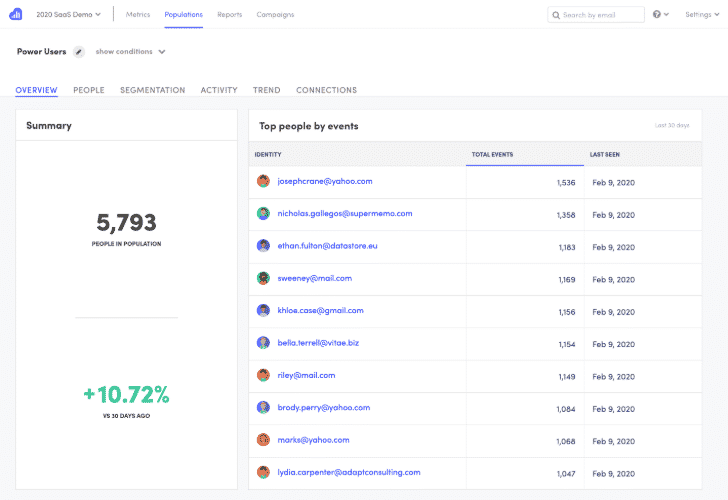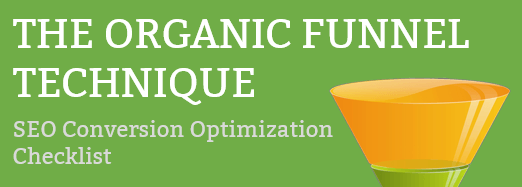
There is a 93% chance that your first online interaction with your consumers will be through a search engine.
What does this mean?
Well, for starters, you should do all in your power to make sure that your website ranks at the top of the search engine results, and that usually means investing in an SEO strategy for your business.
As a digital marketer, you want to rank in the top ten results on Search Engine Results Pages (SERPs) as often as possible. This not only gets traffic flowing to your site but it also gets the sales and conversions you need to succeed.
Unless your business is named “Dentist Office Near Me,” chances are, you won’t be able to rank well for generic terms on Google without great SEO. Ranking well for those juicy general keywords is tough no matter what business you run. Even the big guys have a hard time ranking for competitive terms.
There are several technicalities involved in making sure your site ranks. Regrettably, most companies do not have the tools, resources, and expertise needed to assess how they are doing or do not take the time to because they think it is hopeless.
Fortunately, that doesn’t have to be true, and this guide should help you solve these problems.
There are a lot of great easy-to-use tools available online that can give you a clearer picture of how you are performing and how you can improve. Here at Click Laboratory, we use several of these when helping our customers.
The Big List
Countless SEO audit tools are available online, so it can be hard to discern their differences and ascertain which one will be right for your team. So let’s dive into the Big List of SEO Tools.
SEO Tools Table of Contents
Keyword Research
One of the essential things to consider when applying SEO methods: keywords. That is because there are approximately 3.5 billion searches every day on Google. This makes your content extremely important for ranking well. Therefore, you have to ensure that the keyword research can get you the optimal results. Here are some tools that can help you do that:
SpyFu
SpyFu is a keyword tool that allows you to consistently get data on the most number of keywords in the best way. In addition, you receive advanced insights into your searches and an example of how using their keyword research will help you rank on SERP.
Moz Keyword Explorer
Moz works similarly and helps you get the research you need in less time, so you see faster and more impactful results. In addition, they provide in-depth analysis of keywords using a state-of-the-art tool to help you perform research.
SEMRush
SEMRush has the largest database of all SEO audit companies, with a whopping 20 billion keywords, and that’s just scratching the surface. You also obtain data from 17 billion URLs, and 310 million ads crawled every day. SEMRush also helps you analyze your data and give you immediate SEO recommendations to improve online visibility.
Google Trends
The keywords that rank are determined mainly by the trends taking place during that time. Thus, pick out those most relevant to your endeavor through Google Trends to help you identify what is trending and the specific subtopic or topic within an industry and keywords pertinent to the locality you are targeting.
Soovle
Using a search engine to study the results of other search engines may seem like a concept out of the movie Inception, but it works like magic. Soovle solves the tedious issue of gathering results from all kinds of search engines separately by giving you a unified report of what other SEs show for your chosen keywords.
Soovle receives over 82,250 visitors on their site every month, so they must be doing something right.
Google Search Console
Google Search Console can give you a better idea of the organic keywords you should use to drive conversions. In addition, you can get critical SEO insights through using their provided keywords and analyzing those using Google Analytics.
Keywordtool.io
Research shows that more than 50% of online searches are four or more words long, meaning people prefer long-tail keywords. Try the accessible version of Keyword Tool to get a maximum of 750 suggestions for long-tail keywords you can use according to each search term.
Wordstream
Wordstream is a free resource that can prove to be priceless for your SEO efforts. Its SEO keyword tools helps you find, analyze, organize, and implement relevant and high-density keywords for your marketing campaigns. Additionally, they have a database you can access (again, for FREE) with over a billion of the highest quality keywords, so you should give this tool a try.
Rank Monitoring
Checking your rank is essential because, after all, how will you know whether your efforts are bearing fruit or not? Rank monitoring tools can let you know the position of your landing pages when users search for the keywords you have targeted. Here are some of the best tools in the market:
Moz Rank Tracker
The Moz Rank Tracker is meant to be a lightning-fast tool to check how your keywords are ranking on SERPs. They also provide features to help you check out prospective keywords to track. You can also use their Keyword Difficulty scoring tool that lets you know whether it is easy or hard to rank on specific search engines.
Spyfu
Yup, keyword research is cool and all, but what are you supposed to do next? Spyfu’s platform helps you get the insights you need. You can get automatic weekly updates on your ranks on Bing and Google for PPC and SEO efforts. This is a great tool because you get everything in one application; you can research keywords and save them or keep tracking their changing rankings in one place.
You can get better insights through charts showing you the impact of your keywords, i.e., where they work and where they fail. You can then apply what worked in future campaigns.
SEO Rank Monitor
The best rank tracking tool that also tracks how your competitors are performing can help you monitor how you are performing and improve your rankings. SEO Rank Monitor is a simple tool that effectively analyzes your keyword applications and lets you know how to get organic traffic.
Ubersuggest
If you’re looking for an easy-to-use tool developed by one of the leading SEO guys in the industry, Neil Patel, then check out his latest product Ubersuggest. Creating a basic account is free for one domain and it provides a lot of good insight into your keywords and difficult they are, especially when tracking your overall performance.
re of issues you may not have realized before.
Technical Issues
Sometimes, having a low rank has nothing to do with your keyword research. Did you know that to rank on Google, there are over 200 factors to look out for, such as page speed, spelling errors, usability, etc.? Let’s see the best SEO tools that can successfully aid you in ironing out these issues and getting the ranks you are looking for.
Screaming Frog
Apart from auditing your site to find SEO issues, Screaming Frog is a website crawler that lets you identify technical problems such as:
- Large Images
- Missing meta keywords
- Missing meta descriptions
- Error in URLs
- Canonical errors
- Page title missing
- Error in response codes
Google Analytics
Google Analytics may be free, but it can provide you with priceless information to help you identify the factors you need to improve upon for better rankings. It can pinpoint several issues relating to traffic and penalties.
Also, if you set up and maintain a Google Analytics profile, it can work as a great tool to get monthly reports of how you are performing and save all the data you have obtained in one place.
Web Developer Toolbar
The Google Chrome web developer toolbar can be easily installed and used to identify issues occurring within your CSS and JavaScript code that may be hurting your ranking capability. It can also help you audit several other things, such as broken images, alt text, view response headers, and meta-tag information.
AHREFs
AHREFs is one of the most well-known SEO audit tools known to find technical issues with websites. It checks for over a hundred SEO issues that can affect traffic and conversions. Also, it can give you a color-coded chart to show all the problems in detail. Some of the issues it can report on, include:
- HTML tags: Duplicate, non-optimal length, or completely missing title tags
- Social tags: Missing or incomplete Twitter cards and Open Graph tags
- Performance: too large HTML or CSS and page speed
- Localization: issues regarding Hreflang tags
- Content quality: unconsolidated duplicate pages and low word count
- Outgoing links: detecting broken pages and redirect links
- Incoming links: detecting issues with no-follow links and orphan pages
- Resources: CSS, JavaScript, and image-related issues
Google Search Console
Previously known as “Google Webmaster Tools,” Google Search Console is truly a master at tracking your search engine performance. You will be able to interface with the Google search engine for organic CTR directly, track incoming links, submit sitemaps, and a lot more.
Site Speed
Site speed continues to evolve as an important metric to Google and search engines that impacts your scores. Google even released Core Web Vitals in an effort to help you understand what needs help on your site. Many tools have been released to help you get the basics covered and even where internal programming code may be causing slowness on your site. Here are the top tools I recommend using to get a better handle on your site speed.
WebPagetest
The speed at which your page loads is crucial to get the conversions you are looking for, as research shows that customer satisfaction decreases by 16% for every second of delay. Thus, to make sure your customers are satisfied, WebPagetest tool can be helpful. You can count on them to:
- Tell you the render time
- Conduct competitor speed tests
- Conduct competitor speed videos
- Waterfall speed tests
- Quicken time to the first byte
- DOM elements
- Identify precisely the time it takes for sites to load
This tool can help determine how the technical elements come together to develop the final results.
Google Page Speed Insights/Lighthouse
Another free but robust Google tool is PageSpeed Insights. As the name suggests, it offers insights into how your page speed impacts your website. Additionally, you get a score that tells you if your website is “slow,” “average,” or “fast” on desktop and mobile. Common site speed issues can be improved simply by optimizing your images.
Given that mobile devices account for more than half of worldwide web traffic, you need this app to ensure that your site performs optimally on all platforms. Also, it doesn’t just give you a score, but also offers different ways to improve it!
GTMetrix
You have to measure several metrics to see if user experience and web performance are on point. This is where GTmetrix helps, analyzing three important ones:
- Cumulative Layout Shift: This is when elements shift around while your pages load. You definitely would not want that to happen
- Total Blocking Time: This refers to the length of time until users start interacting with it. Render blocking JavaScript and CSS have a significant impact on this metric
- Largest Contentful Paint: This refers to the length of time it takes to load your page’s most significant parts. For example, either the largest body of text or hero image on your page
Pingdom
Want to know how well your page performs? Sometimes just knowing if it loads quickly enough is not enough of an insight. Pingdom understands that, and offers website performance tracking capabilities through rigorous testing under ideal conditions.
You get to take a detailed look at load times, file sizes and the types of content impacting your site’s performance negatively. In addition, you will see how different elements, such as images, JavaScript, CSS, and HTML, are performing with each other.
You also get before and after screenshots, performance grades, and a detailed look into how long it takes for elements on your page to load.
Blue Triangle
Blue Triangle is THE best tool to help your programming team triangulate areas that need improvement, such as third-party tag analytics and code and database performance while monitoring your site code for vulnerabilities. Also, because they track the real-time experience of mobile app and web visitors, they can identify specific third-party tags, purchase path, and web performance issues that impact your revenue.
Know Your Customer
Something you may not have thought about that can impact search engine traffic are the demographics of people living around your place of business if you are B2C. If your business is not located in an area that matches well with your target audience, then its going to be a challenge getting a lot of organic traffic.
Lumentis.io
Lumentis.io is a platform that can be used to gain an understanding of who lives around your place of business. It has demographics including salary, education, number of kids in the house, and many others. We’ve used it here at Click with several franchises to determine just what could be the expected volume of organic traffic in a region. This information can be used to adjust language and advertising for that location to help drive a higher quality audience to the target pages.
Google Analytics
Another tool you can use to gain insight into the basic demographics of your visitors is Google Analytics. Find out whether you have more women or men visiting, age range of visitors, what regions of the country they are coming from and what their general interests include. I’m not a fan of the Interests section as it is just too generalized to be much use, but perhaps you’ll find it useful.
User Experience
If you’ve never heard of Google Rankbrain, you need to understand how it is impacting your search rankings. Google uses user experience insights to determine if your site is meeting the needs of the person doing the searching. This means you better do good on the Grunt Test or you may find yourself penalized by Google.
This is a list of tools you should be using to find out whether users’ experience browsing your site is fulfilling or not. So, here are some tools through which you can do so:
Kissmetrics
It may be costly, but it is highly effective as far as web analytics tools go. It lets you get detailed reports on customer behavior to help your web designer understand how to improve and implement those changes.
Through this tool, you will be able to:
- Track the behavior of your best cohorts and customers
- Note down the features used most by customers
- Identify the web pages that are most viewed
- Check business metrics such as subscriptions, new trials, MRR, and churn rate
- Discover the points not letting you onboard customers properly
HotJar
You do not have to stalk your customers to know what they do on your site and the information and elements that seem the most attractive. There is a perfectly legal and intelligent tool for that. Hotjar gives you a comprehensive overview of user experience through interactive heat maps that show their moves, scrolls, and clicks.
They have four primary products: real-time feedback pools, surveys, session recordings, and the most exciting heat maps.
Crazy Egg
Crazy egg is as colorful as it sounds. Its behavioral analysis is super extensive, and you receive:
- A heatmap style report that shows, using different colors, the least and most popular areas on your website. You can also find out whether your CTA button is placed correctly and is getting attention from users.
- The confetti report lets you know the clicks made by each user, so you know what they did on your page.
- Scrollmap reports will show how much the visitors are scrolling. This can help you determine whether your CTA button is too far down.
- List reports show how many users click on the interactive elements on the site.
- Overlay reports filter the clicks into several criteria, including returning or new, UTM campaign, and device type.
Blue Triangle
Blue Triangle focuses on how you can best optimize your site based on the audit it performs. This is because research shows that just decreasing your page load time by a measly 0.1 seconds improved lead generation page bounce rates by 8.3 percent.
The tool performs audits by taking different metrics into account that include:
- Device
- Geography
- Browser
- A/B Test Variant
- Returning vs. New Visitors
- Web Page
- Traffic Medium and Source
Local Rankings
Local search has become highly competitive because you don’t exist if you aren’t on that first results page. It’s the sad truth. And you need to rank because research shows how over 76 percent of people searching for something on their smartphones will be visiting a nearby business within 24 hours of that search. So here are some tools to help you get ahead of your local competitors.
MarketGoo
MarketGoo’s primary goal is to help its clients grow and use SEO tools properly. They provide an SEO Report and Plan that lets you get instant results on how your site is performing and the SEO-related issues that need to be fixed. In addition, the plan gives you individual tasks you need to do to improve your ranking.
Ahrefs
Their tools are perfect for those who want to excel locally, as they had the resources and data needed to give you the analytics that can help you improve instantly. In addition, their SEO audit takes into account both keyword-related and technical aspects of a comprehensive audit.
Keyword Finder
Nearly 80% of all local mobile searches end up in offline purchases being made. Thus, you have to be highly intentional with the keywords you use. This is where Keyword Finder can help you. You can get a clear picture of whether your keywords are working and what you can do to optimize them.
What You Should Manually Review
A manual audit can help you save money and better adapt to the requirements of your website. Here are some of the things that are recommended to be reviewed manually:
- Social Media Audits
- Technical SEO Audit
- Off-page SEO Audit
- On-page SEO Audit
- Domain Search Appearance
- Google Penalties
The Bottom Line
SEO audits are essential if you want to move ahead and not spend millions on online marketing without getting the results you are looking for. As a business leader, you should always be in the know-how, and SEO Audits can make you aware of issues you may not have realized before.

